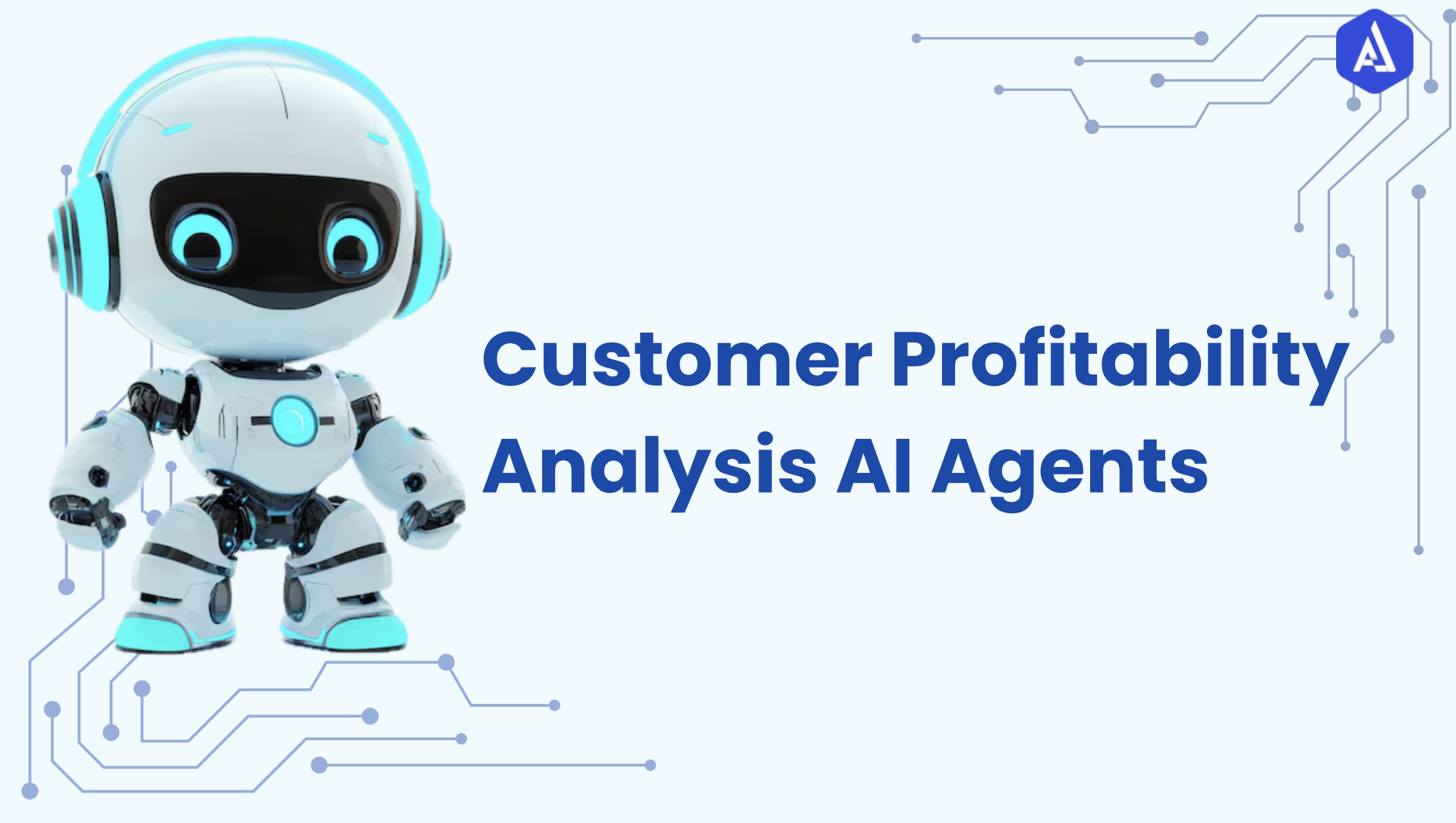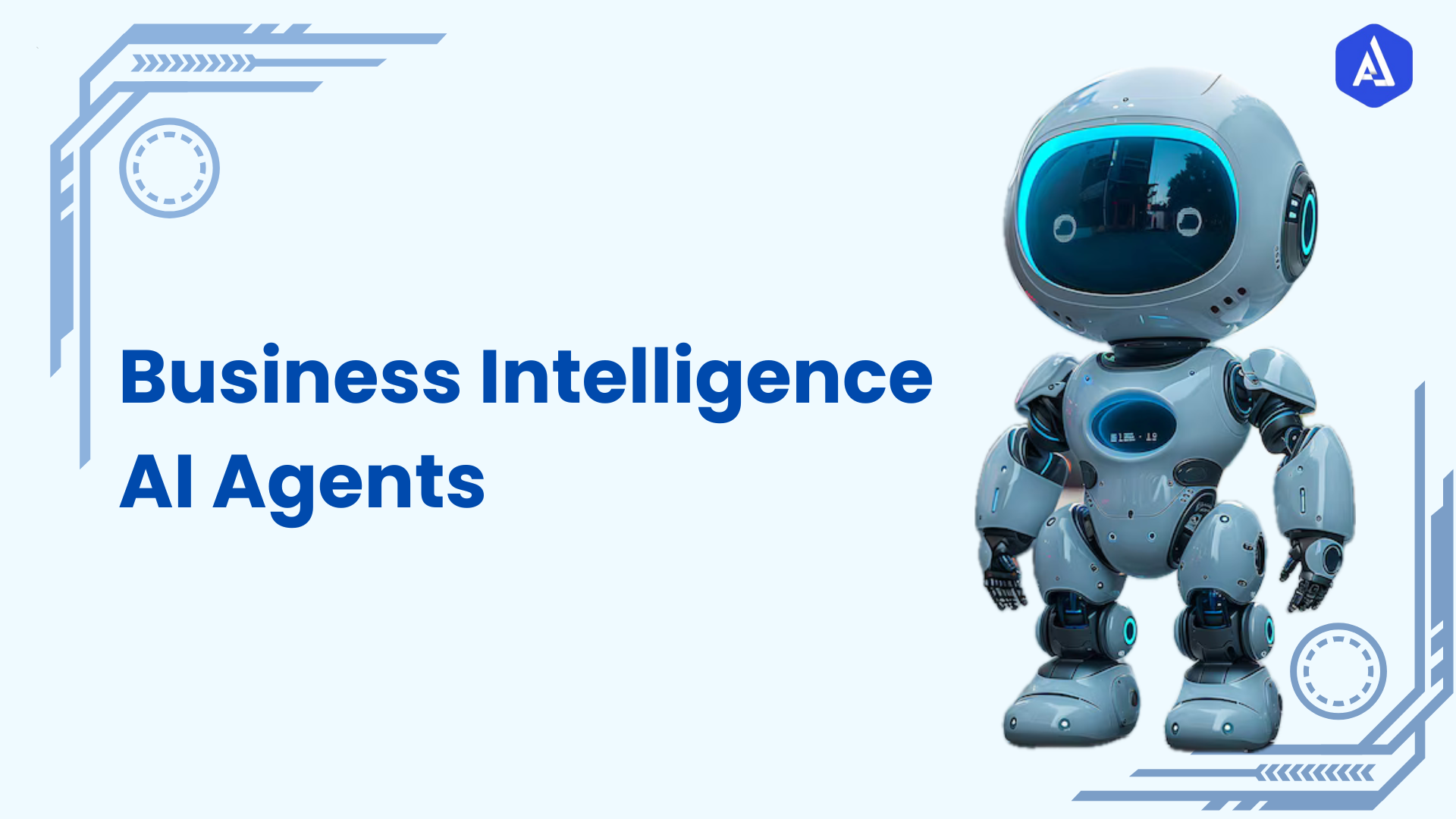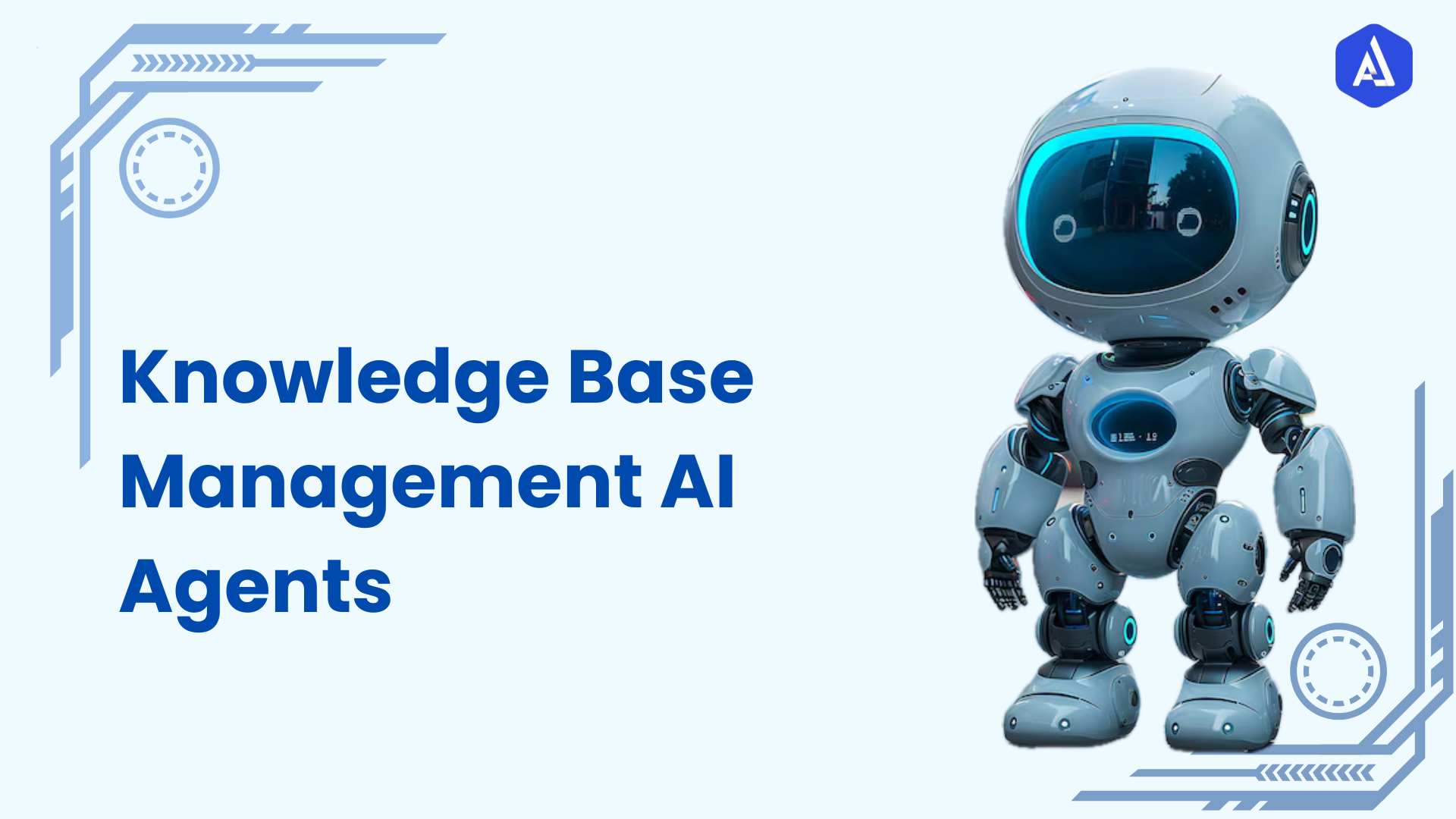Business Operations Manager AI Agent is a highly sophisticated digital agent developed to optimize organizational processes, upgradation of workflow processes and enhance decision-making for operation management. With its predictive analytics, automation and real time insights, AI agent enables businesses to work smarter, letting them get away from traditional operations management principles.
Role of the Business Operations Manager
The Business Operations Manager plays a pivotal role in overseeing and optimizing an organization's daily operations, ensuring that resources are utilized effectively, teams are aligned, and workflows are streamlined. This position requires a deep understanding of operational processes and a keen ability to coordinate across departments to achieve efficiency and productivity.
Key Responsibilities of a Business Operations Manager:
-
Managing and optimizing daily operations and resource allocation.
-
Overseeing interdepartmental coordination to enhance collaboration.
-
Identifying process inefficiencies and driving continuous improvements.
-
Developing and implementing strategic plans to support organizational growth.
-
Monitoring key performance indicators (KPIs) to assess and improve business performance
How Business Operations Manager AI Agents Resolve Operational Issues:
AI agents enhance the role of Business Operations Managers by automating repetitive tasks, providing real-time data insights, and predicting operational challenges. They streamline workflows, enabling managers to focus on high-level strategy and decision-making, while also optimizing resource allocation and improving overall operational efficiency.
About the Business Operations Manager AI Agent
AI Agent—Business Operations Manager, is designed to partner with traditional operations management roles and automate repetitive tasks, optimize resource allocation and enable real time actionable insight.
It's this AI agent that joins seamlessly to existing business systems like ERP, CRM, HR tools to give a consolidated photon of the organization operations through multiple data sources. All of which are based on predictive analytics, process optimization, real time reporting, and cross functional communication to help improve operational efficiency and decision making.
Unlike traditional systems that require manual intervention, this AI agent can independently monitor business processes, detect inefficiencies, and provide recommendations for improvement. Additionally, it helps mitigate common operational challenges such as inventory mismanagement, resource shortages, and delays in decision-making.
Key Features of the Business Operations Manager AI Agent
A suite of features is included in the AI agent that directly supports business operations managers in their day-to-day tasks. These features allow organizations to work their way from reactive to proactive optimization. Key features include:
-
Data Integration: It takes data from multiple business systems, offering a real-time view of operations. Business performance information including information from ERP systems, CRM, financial tools and other information is provided in this.
-
Predictive Analytics: By analyzing historical data and trends, it forecasts potential bottlenecks, resource shortages and upcoming challenges for its AI agent. These provide a means that managers can use to resolve problems before they grow excessive.
-
Process Optimization: AI watches the business processes all the time and finds inefficiency points that help to lower the cost and increase productivity. This can dynamically adjust production schedules depending on the performance of supply chain.
-
Automation: By automating things like scheduling, reporting, and all that routine crap, you’re able to let human managers concentrate on more strategic decision making and higher-level tasks.
-
Cross-Functional Communication: This AI agent makes sure the departments get aligned and communication between them runs smoothly; by sharing insights and updates in real time the AI agent helps the teams.
-
Real-Time Decision Support: The AI gives managers real time insights and actionable recommendations with access to up-to-date data and powerful analytics; making it faster and more accurate to make decisions.
Use Cases
-
Manufacturing: Process Optimization
The Business Operations Manager AI Agent improves production efficiency in manufacturing, since it continuously monitors production lines and in supply chain operations. It discovers delays, bottlenecks, or resource imbalances, and offers real time recommendations for workflow optimization.
The AI is also able to anticipate potential disruptions (including machine failures or late raw material delivery) and alter schedules to minimize disruptions to smooth running. It lowers downtime, increases output and may help make the production cycle more predictable. This makes the AI’s predictive capabilities better resource management and reduce costs, of course, boosting overall operational performance.
-
Retail: Inventory Management
In retail, the AI agent can evaluate and optimize the use of inventory in stores and other retail locations, depending on sales trends, seasonal changes, and external factors. It forecasts demand, thus preventing stock outs as well as overstock and products being available when customers need them.
As data such as customer preferences, market trends and weather conditions becomes real-time data, the AI can adjust the inventory levels so that the supply chain is more responsive to changes in real-time. This capability allows retailers to increase the stock turnover rate, keep storage costs minimized and please customers with an optimal product range.
-
Healthcare: Resource Allocation
In the healthcare space, the AI agent predicts patient volume and staffing needs, so that hospitals and clinics will always be ready in the event of fluctuating patient load. By taking a cold look at historical patient data and predicting peak time, the AI can size up how much staff and medical equipment is needed.
It minimizes overburdening staff during peak demand periods, and balancing resources to keep patient care at a maximum level. This capability leads to better service delivery, shorter wait times and better patient outcomes, all at the lowest possible levels of staffing and operational cost.
-
Finance: Compliance Management
In finance, the Business Operations Manager AI Agent watches for regulatory changes, so that organizations stay pristine with the constant ups and downs in the standards that dictate their operations. The AI keeps tabs on changes to laws, regulations and industry standards, pinpointing issues with a company’s compliance that could otherwise explode into legal or financial risks.
It analyzes large amounts of data to make sure that all processes of transactions and reporting activities comply with the regulatory requirements. But the AI also reduces this risk of human error for timely update and allows financial institutions to work with more confidence, reduce legal exposure and build trust of clients and regulators.
Considerations
While the Business Operations Manager AI Agent offers numerous benefits, there are a few considerations to keep in mind when implementing this technology:
-
Data Integration: Integrating data from multiple business systems can be a complex task, especially in organizations with legacy systems. A robust integration framework and support for a wide range of platforms are essential for smooth implementation.
-
Training the AI: For the AI to operate effectively, it requires accurate and relevant data from across the organization. The quality of insights it provides depends on the quality of the data it receives. Ensuring that the AI is trained with accurate, up-to-date information is crucial for its success.
-
Security and Privacy: As with any AI system, ensuring the security of business data is critical. Implementing strong encryption, access controls, and privacy measures is necessary to protect sensitive business information.
-
Change Management: Introducing AI to a business operations environment can be met with resistance, especially from employees who may feel threatened by automation. Clear communication, training, and a well-thought-out implementation plan are vital for overcoming any resistance to change.
Benefits and Values
The Business Operations Manager AI Agent delivers a wide range of benefits to businesses, including:
-
Increased Efficiency: By automating routine tasks and optimizing business processes, the AI allows managers to focus on strategic decision-making, leading to higher productivity.
-
Proactive Problem-Solving: Predictive analytics enable the AI to identify potential issues before they arise, allowing businesses to address challenges proactively rather than reactively.
-
Cost Reduction: By optimizing resource allocation, inventory management, and workflows, the AI helps reduce operational costs and prevent waste.
-
Enhanced Decision-Making: With real-time data and predictive insights, the AI supports better decision-making, reducing delays and improving the quality of operational decisions.
-
Scalability: As organizations grow, the AI can scale seamlessly to handle increased complexity, ensuring that business operations continue to run smoothly without the need for additional managerial resources.
Usability
Using the Business Operations Manager AI Agent is straightforward, though it requires initial setup and integration with existing systems. Here’s a step-by-step guide to help you get started:
-
Setup and Integration: Begin by integrating the AI with your current business systems (ERP, CRM, etc.). This typically involves syncing data sources and ensuring proper data flows between platforms.
-
Training the AI: Feed the AI with historical and real-time data to train it on your organization's operational nuances. Regularly update this data to ensure continued accuracy.
-
Real-Time Use: Once integrated and trained, the AI will begin analyzing your operations in real-time, offering recommendations and automating routine tasks.
-
Monitor and Adjust: Regularly monitor the AI’s recommendations and adjust settings as necessary to ensure it continues to meet your operational needs.
-
Troubleshooting: If issues arise, consult the troubleshooting guide provided by the AI vendor or reach out to support for assistance. It is important to regularly update the system to adapt to changes in your business processes.


